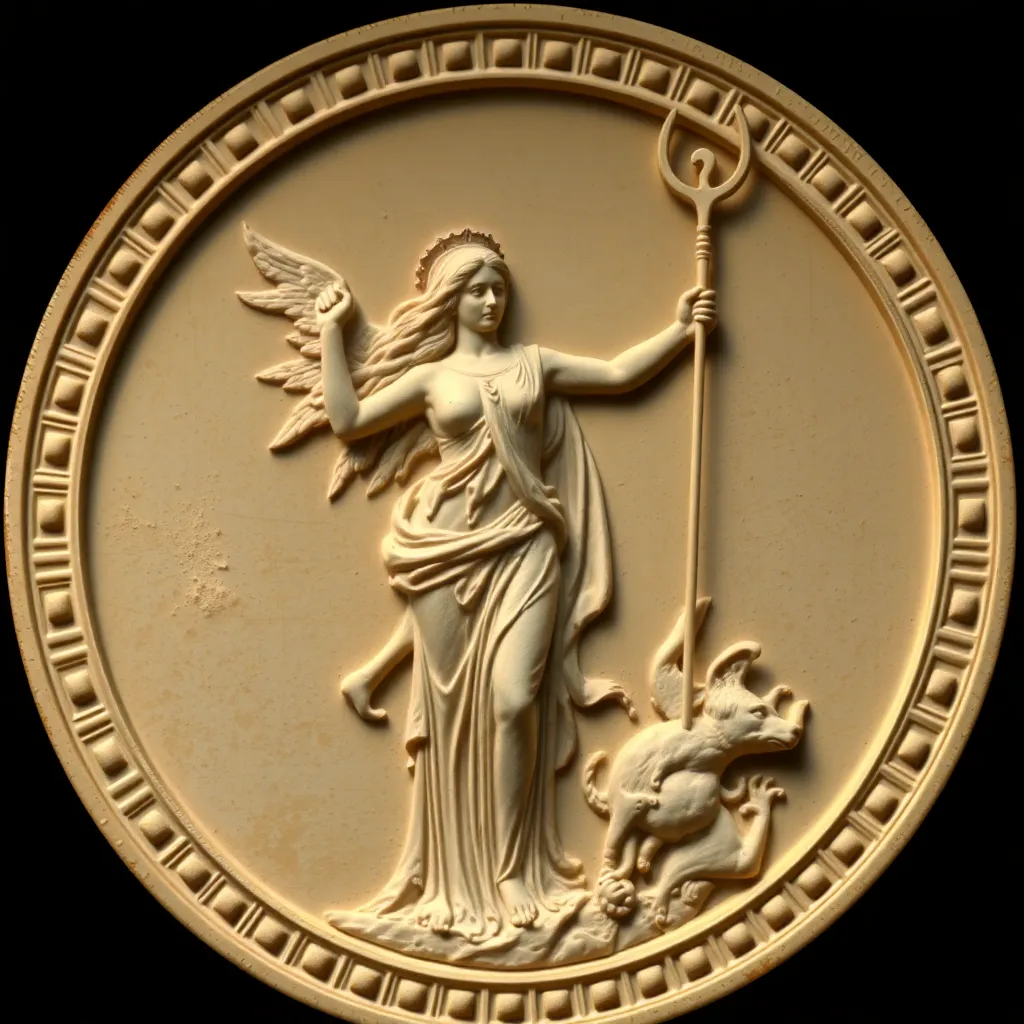The Influence of Artemis on Ancient Greek Medicine and Healing
I. Introduction
Artemis, the daughter of Zeus and Leto, and the twin sister of Apollo, is one of the most revered deities in Greek mythology. Known primarily as the goddess of the hunt, wilderness, and moon, she also holds significant associations with healing and medicine. In ancient Greek culture, the importance of healing was paramount, as health was seen as a divine gift and illness often interpreted as a punishment from the gods.
The purpose of this article is to explore the multifaceted influence of Artemis on ancient Greek medicine and healing practices, highlighting her roles as a protector, a healer, and a central figure in various medical traditions.
II. The Role of Artemis as a Goddess
Artemis is often depicted as a strong, independent goddess, embodying various attributes and symbolism that resonate with her followers:
- Protector of Nature: Artemis is closely associated with the natural world, representing wildlife and the untamed aspects of the wilderness.
- Goddess of the Hunt: She is often portrayed with a bow and arrows, symbolizing her skill and independence in hunting.
- Childbirth and Fertility: Artemis is revered as a goddess who assists in childbirth, providing protection to women during labor.
Her connections to nature and childbirth emphasize her role as a protector of women and children, further solidifying her significance in the healing domain.
III. Artemis’s Associations with Healing
One of the notable titles attributed to Artemis is “Artemis Hygieia,” linking her directly to health and hygiene. This association highlights her dual role as a goddess of both hunting and healing.
Various rituals and practices were dedicated to her healing aspects, including:
- Offerings of herbs and flowers at her temples, believed to harness her healing powers.
- Prayers and invocations for protection during childbirth and in times of illness.
When compared to other healing deities in Greek mythology, such as Asclepius, Artemis’s approach to healing is often more holistic, intertwining her roles as a protector and nurturer rather than focusing solely on physical ailments.
IV. The Cult of Artemis and Its Impact on Medical Practices
The establishment of temples and sanctuaries dedicated to Artemis played a crucial role in the dissemination of her healing influence. Notable temples, such as the one at Ephesus, became centers of worship and healing.
Healing rituals performed at these sites included:
- Purification rites to cleanse individuals of ailments.
- Offerings and sacrifices to invoke the goddess’s favor.
These practices not only impacted local health and medical practices but also fostered a sense of community and support among the worshippers, reinforcing the belief in divine intervention in health matters.
V. Artemis and the Art of Midwifery
Artemis’s influence extends profoundly into the realm of childbirth and women’s health. Known as a protector of women during labor, she was often called upon by midwives and expectant mothers.
Traditional practices and beliefs surrounding midwifery included:
- Invoking Artemis’s name during childbirth to ensure a safe delivery.
- Utilizing herbal remedies associated with her to ease labor pains.
Archaeological evidence, such as ancient inscriptions and artifacts, indicates that many communities relied on the guidance of midwives who revered Artemis, showcasing her integral role in childbirth practices.
VI. Influence on Ancient Medical Texts and Philosophies
Artemis is referenced in several ancient medical texts, showcasing her influence on healing philosophies. Her connection to Hippocratic medicine is particularly notable, as Hippocrates and his followers often invoked the gods, including Artemis, in their medical practices.
The integration of mythological beliefs into medical practices is evident in:
- Descriptions of rituals that blend medical procedures with prayers to deities like Artemis.
- Philosophical discussions on health that include divine aspects of healing.
This synthesis of myth and medicine emphasizes the importance of spirituality in health and healing in ancient Greek culture.
VII. Modern Interpretations and Legacy
The influence of Artemis can still be seen in contemporary healing practices. Her legacy continues to inspire holistic approaches to health that emphasize the connection between the body, mind, and spirit.
There has been a resurgence of interest in ancient wisdom, leading to:
- Increased incorporation of herbal remedies and natural healing techniques.
- Feminist interpretations of health that draw on Artemis’s role as a protector of women.
Artemis’s enduring legacy serves as a reminder of the deep-rooted connections between mythology, health, and healing practices.
VIII. Conclusion
In summary, Artemis’s multifaceted influence on ancient Greek medicine is profound. Her roles as a protector, healer, and goddess of childbirth highlight the integral connections between mythology and health in ancient cultures.
Reflecting on the enduring legacy of mythological figures like Artemis provides valuable insights into the historical context of health and healing practices. As we integrate history and mythology, we deepen our understanding of the ancient beliefs that shaped medical practices and continue to resonate in modern interpretations.




